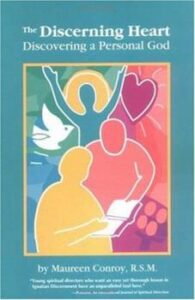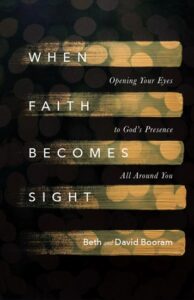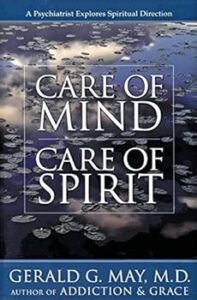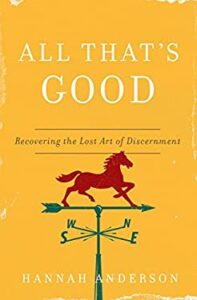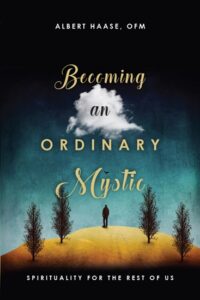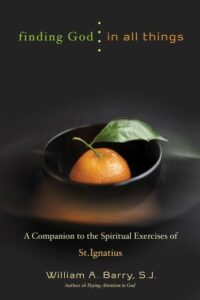 Summary: An overview of the first 14 ‘rules’ of discernment.
Summary: An overview of the first 14 ‘rules’ of discernment.
Regular readers will know that I am working on a training program to become a spiritual director. I intentionally choose a Catholic program because while the Evangelical and broader Protestant world has been rediscovering Spiritual Direction over the past 10 to 20 years, the Catholic stream of Christianity has never lost access to this discipleship tool. Ignatius (late 15th and early 16th century) wrote the Spiritual Exercises to guide spiritual directors to give a 30-day retreat.
That guide included two sets of ‘rules’ for discernment. These rules (guides) to help people in their discernment are split into ‘first’ and ‘second’ week rules, or the types of rules that were most helpful for people early in their retreat or people later in their retreat. You can roughly think of these as a type of spiritual maturity. However, Ignatius would not have assumed straight-line growth (in other words, once you are in the second week, you will not always be in the second week.)
Gallagher only talks about the first set of 14 rules in this book. It took a while for me to start to make sense of the rules of discernment. I started by listening to the book, which gave me an overview. I then read the book a second time, mostly in print, but with a little bit of listening. But just as important is that toward the end of my second reading. I downloaded a PDF of the rules and made it a part of my morning reading. For a week, I read them every morning and highlighted or made notes about how they related to one another or rewrote some of them in my own language. I am far from an expert and do not think of them as the ‘be all, end all’ of discernment. But the process of getting them deeper into my brain by reading them regularly (I think I still need to probably read them about once a week for the next couple of months). Thinking about how they relate to one another and trying to use them in my own life does matter.
